By De’Vonna L. Pittman, Director of Inclusive Growth
(This article first appeared on the Ramsey County website.)
The retention of diverse talent is critical to a strong, growing, and profitable organization. Organizations can support employees who are Black, Indigenous, Latinx, and Asian by providing an outlet for healing after or during traumatic incidents or when they express that they are dealing with situations that affect their mental health. In the spirit of Mental Health Awareness Month, we submit this article and ways employers can foster inclusion, equity and belonging by being attentive to the mental health and wellness needs of all employees.
According to Employee Benefit News (Nov. 2020), “The trauma of the pandemic has also impacted mental health in the Black community more severely than other groups. In a September survey by the Commonwealth Fund, 39% of Black Americans reported feeling stress, anxiety, and sadness during the pandemic, compared to 29% of those who identify as white.”
Similarly, Asian Americans have experienced disproportionate numbers of COVID-19 infections, hospitalizations and deaths. A devastating 49% of Asian American deaths from COVID-19 in Minnesota were from the Hmong community, and the number of young and middle-aged Hmong Minnesotans who lost their lives to COVID-19 is significantly higher than the numbers of white Minnesotans in the same age categories. These pandemic impacts coupled with the frightening levels of hate against Asian Americans may cause spiraling levels of fear, loss, and trauma for Asian employees.
“Unfortunately,” writes Angela Neal-Barnett (Harvard Business Review, June 2020), “few Human Resources leaders or managers have the skills and training to address the needs of a racially traumatized workforce. If employers are to successfully retain and develop Black, Indigenous, Latinx and Asian talent, it is critical that they start by acknowledging that racism impacts Black and Brown staff emotionally, mentally, and physically.”
Intentional attention to healing trauma in the workplace includes listening. Said Neal-Barnett, “[Employers must] …understand that when Black employees tell you ‘We are exhausted,’ ‘We are tired,’ or ‘We are in no mood to interact with white people,’ what is really being said is, ‘We are in distress, we are traumatized, and we need a safe space within this organization to come together as Black people.’” She suggests providing employees with that safe place and bringing in a skilled expert in racial trauma to help them process what they are experiencing and feeling.
Minnesota’s employers have undoubtedly experienced this trauma and the impacts of it in the workplace. Trauma may show up in lower levels of engagement and productivity, higher employee absences or turnover, and supervisory challenges. One solution employers can pursue is to build partnerships with and offer employee referrals to culturally responsive healing organizations.
The founders of Afya Sanaa, Raiesha Williams and her mother, Rosemary Nevils-Williams, are no strangers to trauma. Their loved one, Tyrone Rashad Williams, Raiesha’s brother and Rosemary’s son, was killed by gun violence. Raiesha and Rosemary have created Afya Sanaa, a nonprofit space for healing, using the wisdom gained from their experience working to heal from their loss while also growing their own business.
Raiesha Williams was born and raised in South Minneapolis and moved to St. Paul to launch her business, the Heritage Tea House. After her brother’s murder in Minneapolis, she and her mother found themselves commuting to St. Paul each day, and that added to their trauma. Raeisha has a deep love for St. Paul, and she feels a sense of community and connectivity that drew her in. They chose to move closer to the business, and with the support of community were able to purchase the home they had been living in. She wants to ensure people have access to healing, resources, and the physical and mental health supports they need.
Afya Sanaa is a healing center and community space where Minnesotans who identify as Black, African American, African Descendants of Slavery can find solace, safety and fellowship needed to start their journey to healing. Self-expression, wellness, and community participation are the cornerstone of the organization’s mission to heal through art, knowledge, and love. Afya Sanaa members can offer free yoga, counseling, massage therapy, workshops, healing circles, and a fully equipped podcast room.
Another resource for employers is the Coalition of Asian American Leaders (CAAL), a social justice network of leaders committed to network weaving, collective power and improving the lives of Asians by connecting, learning and acting together. CAAL brings leaders together to connect, learn and act together, elevating the stories and experiences of Asian Minnesotans, creating spaces for healing and transformation, recovery and rebuilding.
CAAL is led by Bo Thao-Urabe, and has a staff who lead efforts like MinneAsian Stories, an effort to dismantle the myths about Asians as a monolithic culture, and elevate the diverse voices and experiences that comprise our vibrant Asian community. CAAL also facilitates network weaving events, community celebrations, and healing spaces. As hate against Asians and African Americans grew across the country, CAAL hosted forums to bring healing and elevate the solidarity between Asian and Black Minnesotans and the importance of our unity to build an inclusive and equitable future for all people.
At the Center for Economic Inclusion, we help employers develop a multitude of ways to bridge gaps in understanding and experience to build more inclusive workplaces where employees experience belonging. Understanding the many ways each of us takes in societal stimuli and issues related to race and structural racism is critical and imperative. When leaders create safe and brave spaces to listen and learn and then respond by offering culturally specific and appropriate resources, healing occurs. By diversifying our leadership teams, we have more people who can reflect and understand one another’s experiences, accelerating the journey to reconciliation and growth as we process these experiences in the workplace.
Additional resources on how to support Black, Indigenous, Latinx, Asian, and People of Color on their journey to healing:

